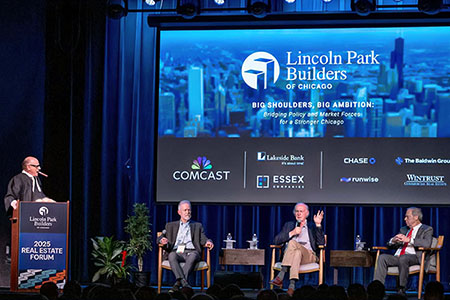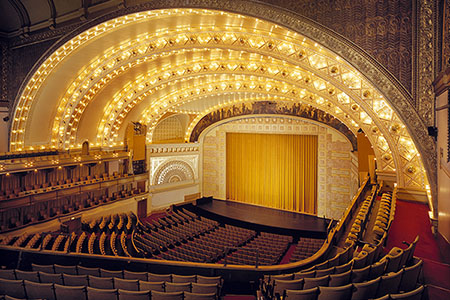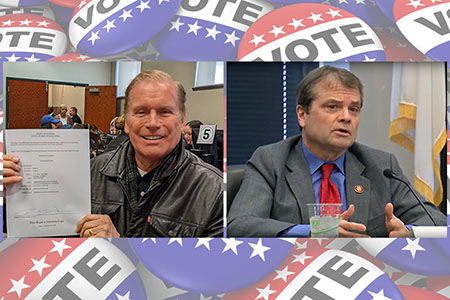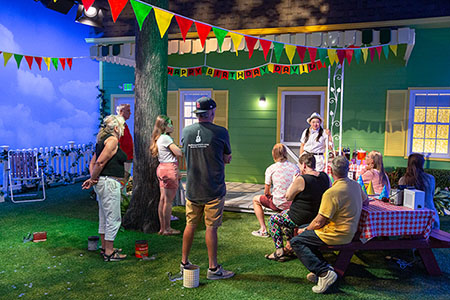Sep. 27, 2015 – Chicago has spent big bucks on elite Loop and near-downtown neighborhood projects to maintain its “world-class city” status, but its bungalow districts soon will be paying the bill. Mayor Rahm Emanuel is proposing a $450-550 million property tax hike to solve a decade-old “structural budget deficit,” according to his chief financial officer, Carole Brown. The city also is planning a smorgasbord of revenue-boosting initiatives. Tack on $100 million for garbage collection charges of $12 a month per bungalow and two-flat, the $1 ride-hauling fee, and new taxes for smokeless tobacco and sugary soft drinks. If the City Council approves the largest collection of tax and fee increases the city has ever seen, the typical owner of a $250,000 bungalow would be hit with a property tax hike of roughly $500 – an 11 percent bump. Rahm says most of the money from his “progressive and fair” real estate tax hike will go to pay for police and firefighter pensions and school construction. Based on the sharply higher 2015 property tax assessments tens of thousands of shocked Chicago home and apartment owners already have received from Cook County Assessor Joseph Berrios, many expect tax increases to be more than what is predicted. In 2015, the entire City of Chicago was reassessed. A survey by The Home Front found north side assessment hikes ranging from 30 to 55 percent. Experts say the real estate assessment increases likely will mean hefty property tax hikes next year, and as a result landlords will be forced to raise rents to cover the expense. The 2015 property tax bills in Chicago will come due in August 2016, when the second installment of the 2015 tax bill arrives. The main engine that drives up property tax bills is the amount of money spent by local government. For example, homeowners who read their 2014 tax bills will see sharply increased spending for schools and community colleges. Mayor Emanuel puts his stamp on the city’s showcase projects – millions of dollars have been spent for improvements downtown and a few rising districts around the fringe – while targeting little to the outlying neighborhoods, especially the south and west sides of the city.
For example, look at the downtown Riverwalk (above), backed by a $99 million federal loan, the $95 million Bloomingdale Trail/606 project, a 2.7-mile-long jogging/biking trail through Bucktown, Wicker Park, and Logan Square, and the fancy new $191 million Chinatown library. Over the long run, Rahm expects these projects to generate massive new real estate tax dollars, noting that developers have committed to investing $8 billion on riverfront construction since 2011. Property values along the Bloomingdale Trail and in Chinatown also are rising. Homeowners on the north and northwest sides of the city – where most home prices average $400,000 to $600,000 – could be faced with property tax increases of $800 to $1,200 or more. If you live in Lincoln Park and your home is in the $1 million bracket, brace yourself for a $2,000 property tax increase. Many dubious tax hike will solve Chicago’s problems Chicago’s world-class city image, however, is taking a battering in outlying neighborhoods, where Rahm recently was met by hostile crowds. Thousands of Northwest Siders have told the mayor that their “quality of life” has diminished because of noise and pollution from hundreds of jet flights over neighborhoods such as Forest Glen, North Park, Norwood Park, and Sauganash. Other issues of city life go unanswered. What about unrepaired pot holes from last winter, annoying temporary pedestrian stop signs in the middle of blocks, and impossible unpainted or snow-covered speed bumps that wreck auto undercarriages and impede emergency service vehicles? Then there’s the cash-hungry speed and red-light cameras, and a soaring unabated rat population. Perhaps the best rebuttal comes from one northwest side resident: “The city has a spending problem, not a revenue problem. Why not cut spending instead of raising taxes?” Next summer, when the city starts mailing less affluent south and west side home and apartment owners with sharply higher real estate tax bills and garbage pickup fees, one can only wonder how polite the backlash will be.
|






 Previous story:
Previous story: 








